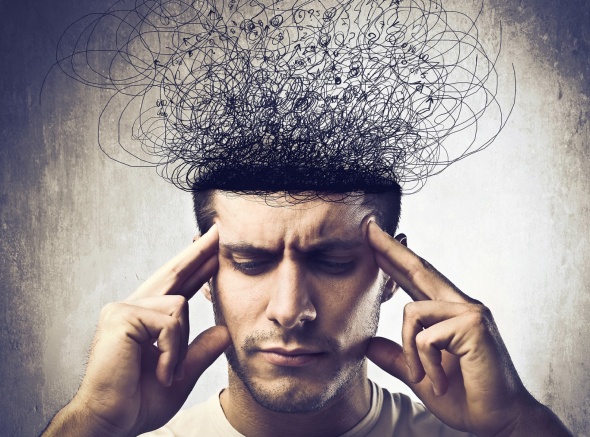Lucid dreaming: The similarities between dreaming and wakefulness
To control one’s dreams and to live out there what is impossible in real life — a truly tempting idea. Some people — so-called lucid dreamers — can do this. Researchers have discovered that the brain area which enables self-reflection is larger in lucid dreamers. Thus, lucid dreamers are possibly also more self-reflecting when they are awake.
Lucid dreamers are people who are aware of dreaming while dreaming. Sometimes, they can even play an active role in their dreams. Most of them, however, have this experience only several times a year and just very few almost every night. Internet forums and blogs are full of instructions and tips on lucid dreaming. It is possible that lucid dreaming is closely related to the human capability of self-reflection – also known as metacognition.
Neuroscientists have compared brain structures of frequent lucid dreamers and participants who never or only rarely have lucid dreams. Accordingly, the anterior prefrontal cortex, the area of the brain that controls conscious cognitive processes and also plays an important role in the capability of self-reflection, is larger in lucid dreamers.
The differences in volumes in the anterior prefrontal cortex between lucid dreamers and non-lucid dreamers suggest that lucid dreaming and metacognition are indeed closely connected. This theory is supported by brain images taken when test persons were solving metacognitive tests while being awake. Those images show that the brain activity in the prefrontal cortex was higher in lucid dreamers.
“Our results indicate that self-reflection in everyday life is more pronounced in persons who can easily control their dreams,” states Elisa Filevich, post-doc in the Center for Lifespan Psychology at the Max Planck Institute for Human Development.
In the future researchers want to know whether metacognitive skills can be trained. So in a follow-up study, they intend to train volunteers in lucid dreaming and then examine whether this improves the capability of self-reflection. In the meantime, there is more than enough information on the internet that claims to help teach you how to have lucid dreams. So for anyone interested there is always that option, because we can trust everything we find on the internet, right?
Sources:
Filevich E, Dresler M, Brick TR, & Kühn S (2015). Metacognitive mechanisms underlying lucid dreaming. The Journal of neuroscience : the official journal of the Society for Neuroscience, 35 (3), 1082-8 PMID: 25609624




i find it interesting, if able to train people how to be better at self reflection, this might even help with depression issues and such as well.
LikeLike
February 22, 2015 at 9:11 pm
It’s quite possible that it would help, at least a little bit. Depression is a tough nut to crack for some people and anything that could help would be welcomed. Thanks for taking the time to comment!
LikeLike
February 23, 2015 at 12:33 pm